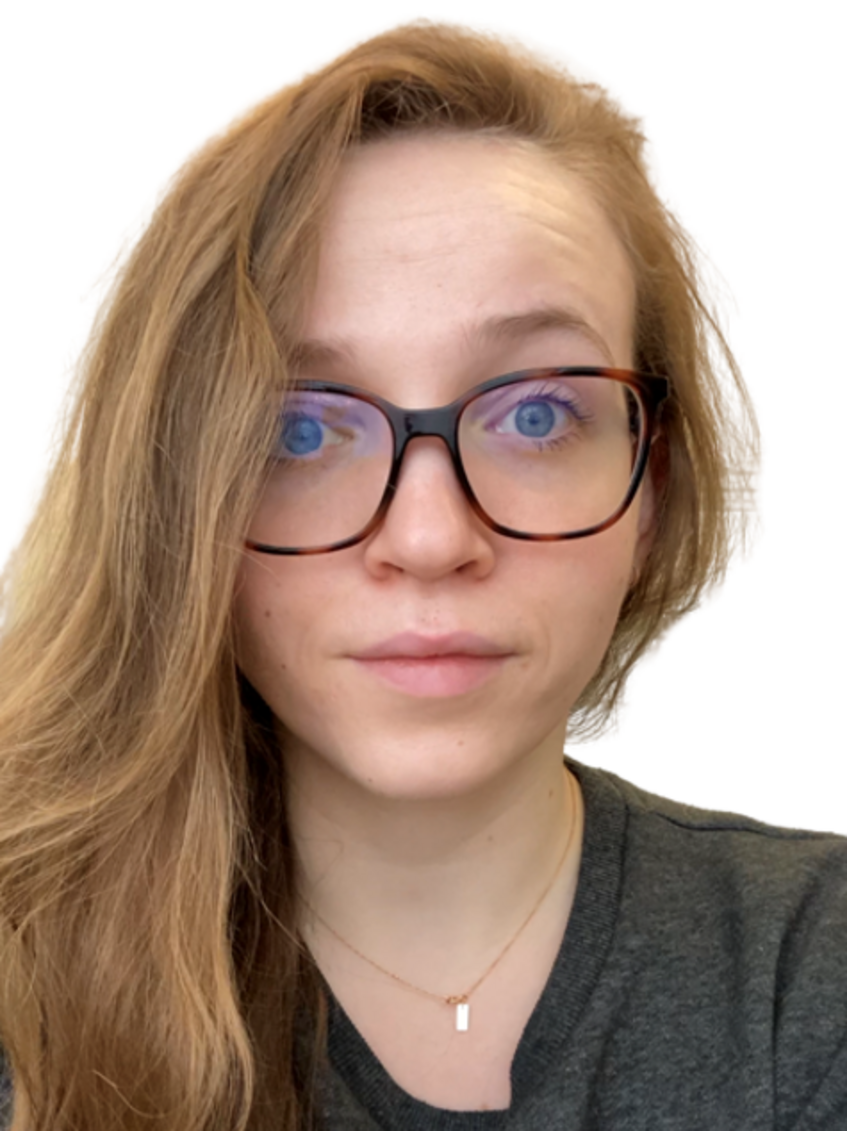Victoria Sarne, MSc.

Victoria Sarne, MSc.
Research
Thesis title: "The role of Kif5b in skeletal development and the emergence of a skeletal dysplasia"
Thesis outline: The embryonal and juvenile development of the mammalian skeleton is an exceptionally complex process, in which even small deviations can lead to severe pathological manifestations. The resulting diseases are generally referred to as skeletal dysplasias.
Recently, a newly discovered mutation (K91R) in the KIF5Bgene was implicated in the development of a non-classifiable skeletal dysplasia by Prof. Dr. Laccone in a foetal patient. The disease manifests in shortened and bowed long bones, short ribs, increased eye distance, decreased jaw size and a histologically disorganized growth plate. These abnormalities indicate a dysfunction in chondrocyte differentiation and proliferation. In early 2022 a case report, describing a total of four patients, of which two carry the same K91R mutation and display a largely similar pathological phenotype. Further observations of postnatal osteoporosis and intellectual disabilities in both patients were made. The osteoporosis additionally suggests dysfunctional osteoblasts, while the intellectual disabilities most likely stem from mechanisms separate from the bone malformations.
These observations, as well as preliminary in vitro studies lead to the hypothesis, that the motorprotein Kif5b plays a crucial role in the development of the mammalian skeleton. In order to investigate this, a mouse model with a conditional KIF5B K91R knock-in mutation will be employed to study the role of this mutant in the development of the skeleton. The growth plate as well as internal organs will be analysed histologically; bone density, growth, quality and composition will be analysed via micro- computed tomography (µCT), whole skeleton staining (alizarin red and alcian blue), quantitative backscattered electron imaging (qBEI), Raman spectroscopy, and Fourier transform infrared spectroscopy (FTIR). Furthermore, primary chondroblasts and fibroblasts will be isolated from mutation carrying mice, for further in vitro studies concerning cytokinesis and differentiation potential as well as exploring novel treatment possibilities to alleviate the detrimental effects of K91R kif5b, such as protein replacement therapy.
Supervisors: Winfried Neuhaus, Franco Laccone (MedUni Vienna) Advisors: Hannes Steinkellner, Thomas Dechat
